They brought colour and movement, excitement and energy, and created a fervent, febrile atmosphere that lit up the tournament and gave it the drama and tension that it needed.
2015 AFC Asian Cup Hub: Celebrating 10 years of the Socceroos' triumph

Given Australia's hitherto lukewarm relationship with soccer, there were fears leading up to the 2015 AFC Asian Cup that there might be some disappointing crowds at fixtures where the host nation was not involved.
That notion turned out to be wide of the mark thanks to the exhilarating support and interest of the country's vast array of migrants, a patchwork quilt of peoples of different backgrounds, cultures, faiths and beliefs who were all joined together by one unifying factor - their love of football which, in 2015, once more proved itself to truly be the World Game.
From Brisbane to Melbourne, Newcastle to Canberra and to the big games in Sydney, fans of teams like China, Iran, Iraq, South Korea, the UAE, Uzbekistan and others, all played their part in making the 2015 Asian Cup one of the most memorable sporting events staged in this country.
Kamran Keshavarz, a Sydney-based IT consultant who came to Australia in the 1980s, remembers the tournament vividly given he had a front row seat as the liaison officer for the Iranian national team, working alongside then coach Carlos Queiroz (once Sir Alex Ferguson's assistant during Manchester United's dominant era in the Premier League).
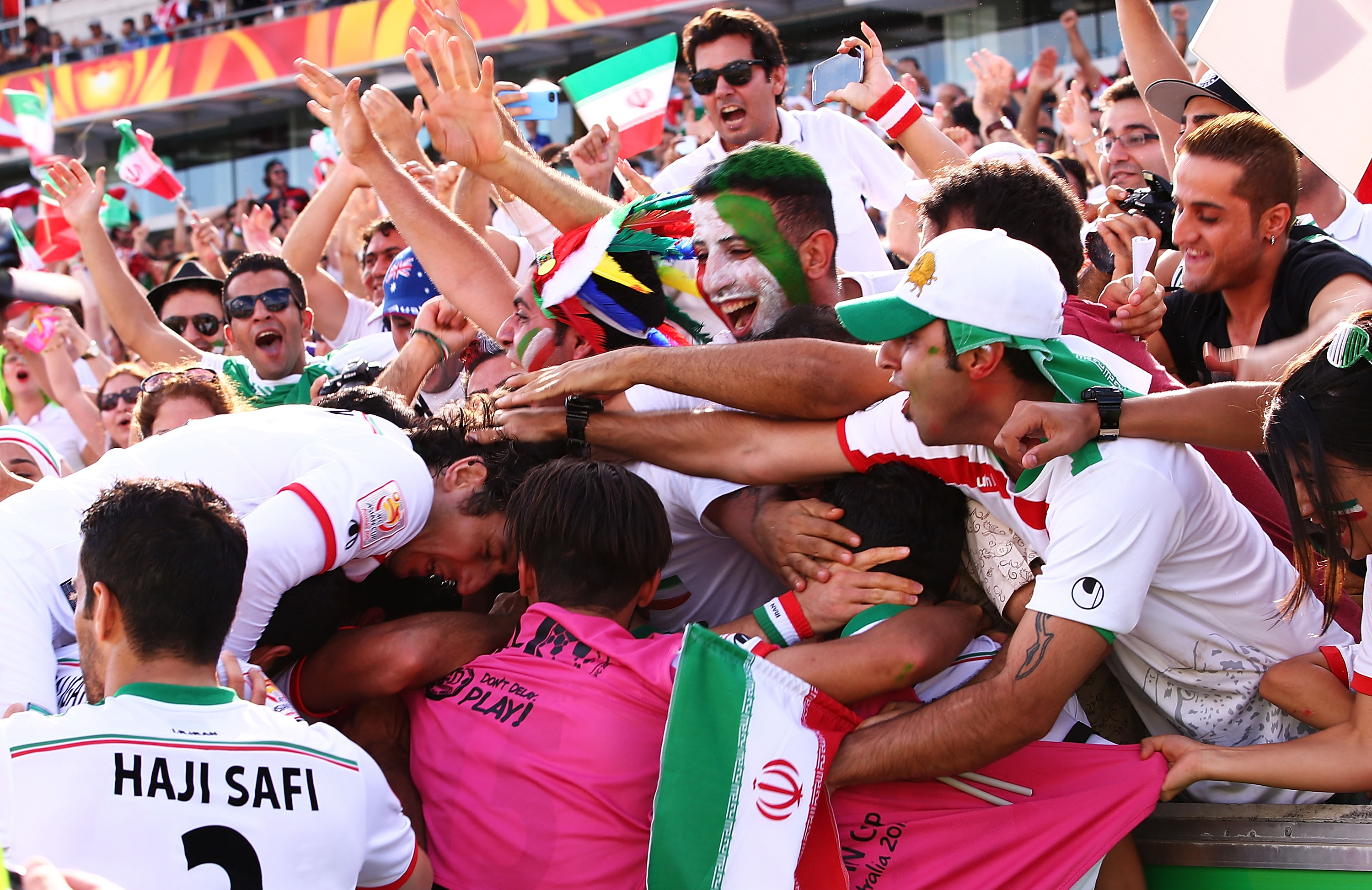
Iran was to eventually lose a quarter-final penalty shootout to Iraq after an extraordinary 3-3 draw but, as Keshavarz, who is president of the Iranian Football Association Australia, recalls, “it was full of emotion, ups and downs, tears and laughter.
“We were approached by the Local Organising Committee in late 2013/early 2014 to create a programme to educate and attract our fan base. They asked us to ensure there would be 2-3,000 Iranians at every game.
“We said, ‘are you kidding’, they didn't need to do anything, the fans would be coming. We said that you could be talking about 10,000, and the fans delivered.
“I was standing in the tunnel with Ashkan Dejegah, one of the strikers and he asked me if there would be a few Iranians at the game [against Bahrain in Melbourne, Iran's first fixture].
“I told him just to wait and see. At AAMI Park it was great because the supporters are so close to the pitch, the atmosphere was fantastic from that point onwards.”
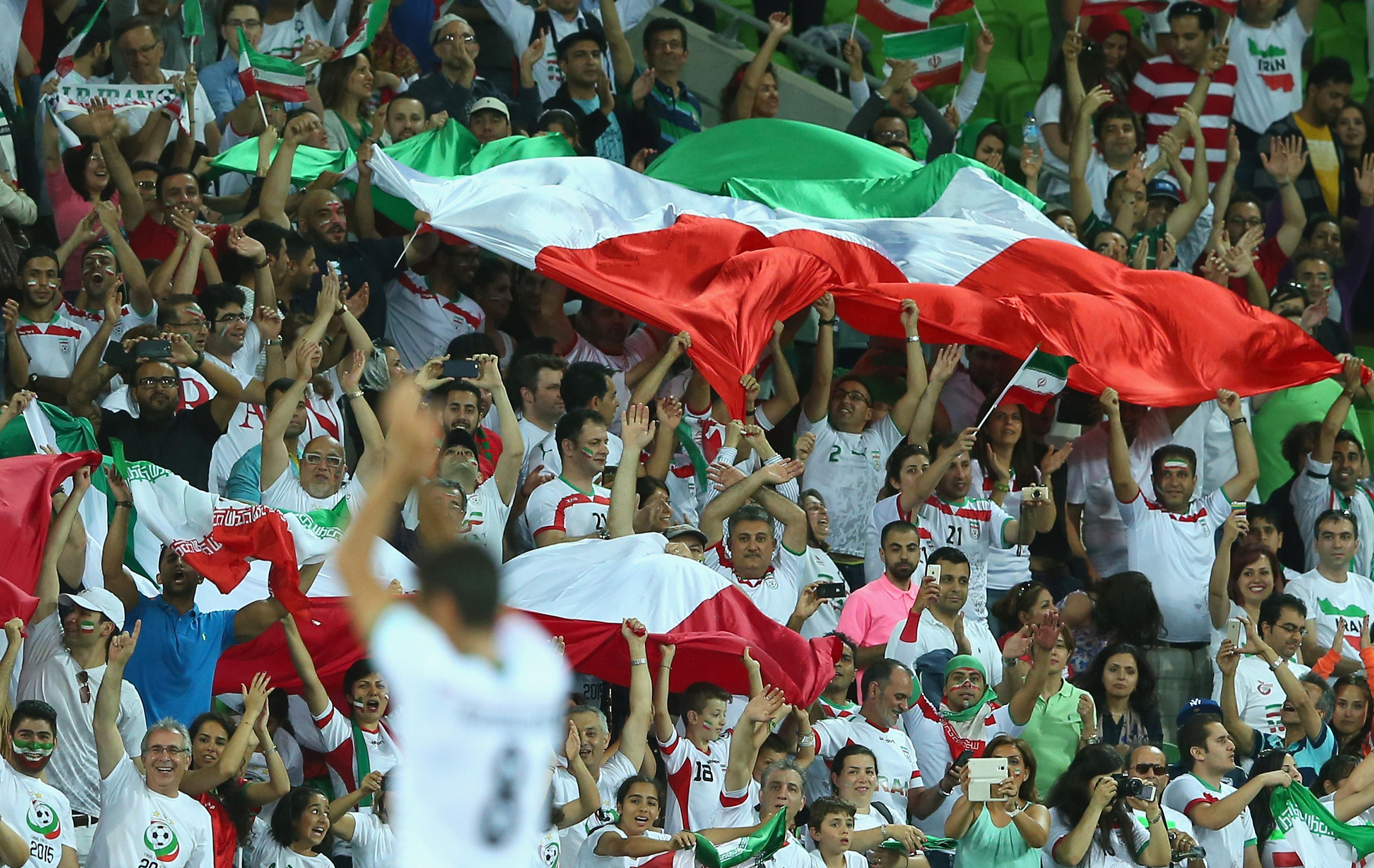
Keshavarz also believes that football has helped shape the view - for the better - of Iranian people in Australia.
“Football changes perceptions, it builds bridges. I absolutely believe that, 150 per cent.
“We are trying to build a community football team, an Iranian club, to encourage kids and women to get out of isolation and maybe we can overcome and take a small part in preventing depression and domestic violence.
“There are so many things football can do to create a better society and community.”
For Iraqi immigrant Salar Eau, who came to Australia more than 20 years ago, memories of that epic match in Canberra are much sweeter.
Iraq, who had beaten Australia in the group phase en route to their own Asian Cup win in 2007, went deep into the tournament, eventually losing a semi-final to South Korea.
“Back then, Iraq was going through a lot of hard times,” Eau said.
“The situation there wasn't good but the Asian Cup had been a joyful tournament for all Iraqis around the world and 2015 was no different.
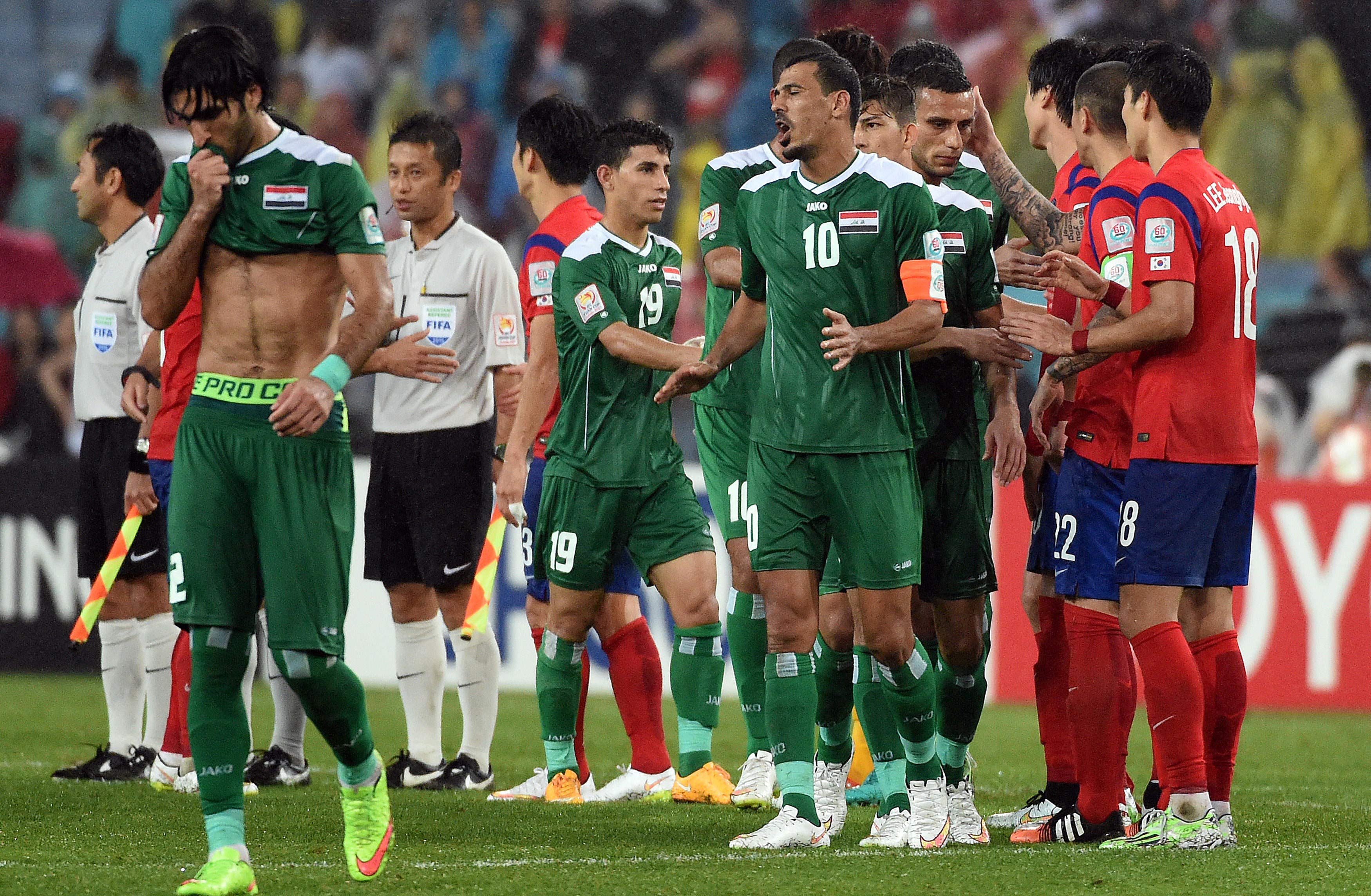
“A lot of people from the country went to Canberra, driving and flying just to support the national team for that game against Iran.
“It was a great feeling for the immigrant Iraqis in Australia to be part of that tournament.
“I was there in 2007 when Iraq beat Australia in Thailand too. There is a great feeling between Australia and Iraq fans.
“When Iraq comes here to play Australia some people make jerseys half and half. I ask them who are they supporting, they say ‘we don't know’, but they are very proud, comfortable and happy to be playing Australia.”
Like his Iranian counterpart, Eau believes a shared love of football helps build bridges.
“Football helps people to become friends, definitely. A lot of Australians speak to me and text me, ask me about players and how to recruit them.
“I have been in Australia for a long time and the mentality is changing.....football breaks everything, I have friends from every country.”
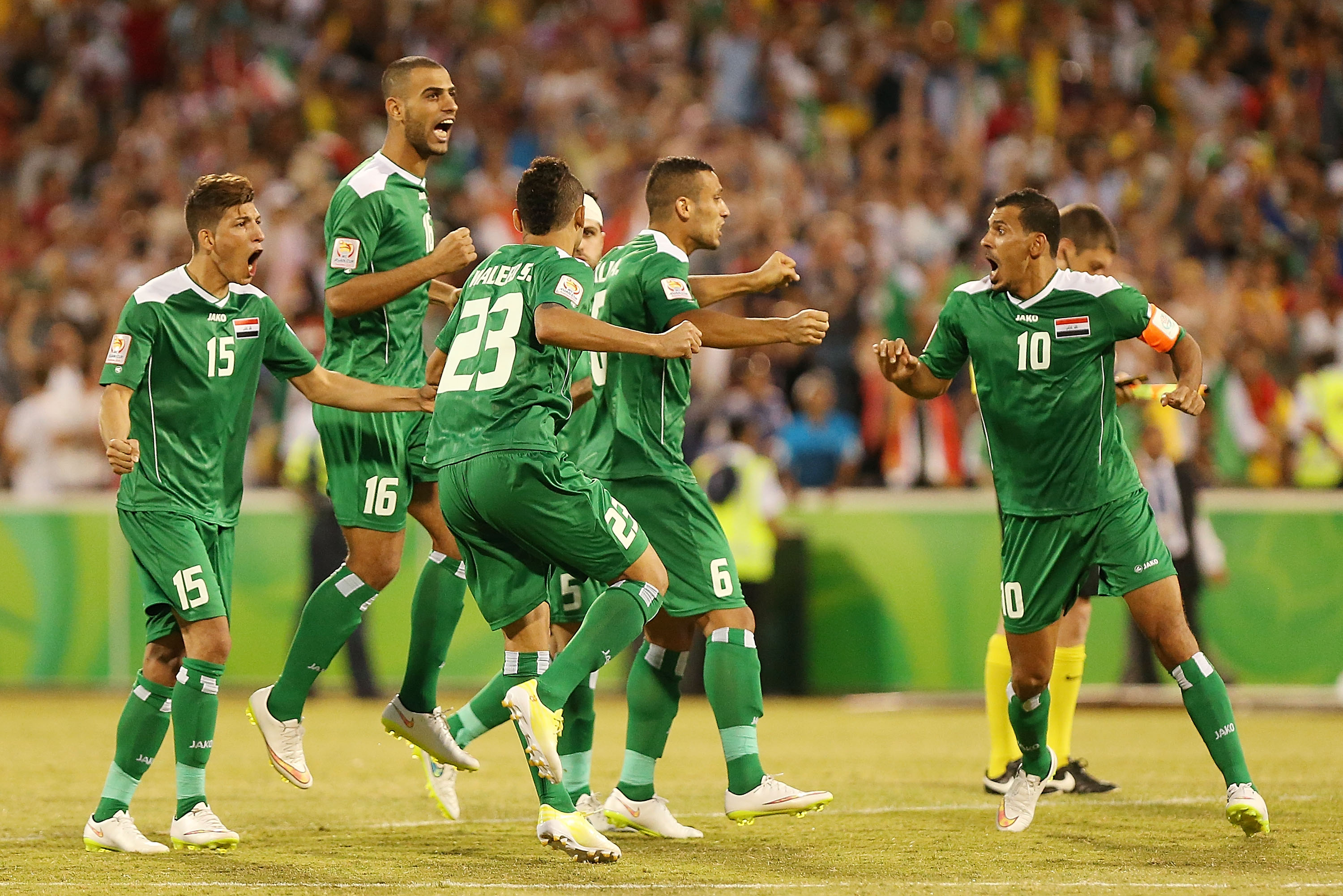
Hyunyoung Park was still in his early teens when he first got the chance to see his birth nation, Korea Republic, play in the 2015 Asian Cup.
He went to Melbourne's AAMI Park to see the Taeguk Warriors take on Uzbekistan in a quarter-final alongside his younger brother and some friends. Now 23, he remembers the occasion with great fondness.
“I was born in Seoul and I came here in 2012 when I was 11 years old so I had not been in the country very long.
“I was at the game with my younger brother and some friends. Korea had beaten Australia in the group stages earlier in the tournament which was lucky for us as it meant that the draw was reversed and our team got to play a quarter-final in Melbourne rather than Brisbane,” says Park.
“I was hyped for it, it got me the chance to watch my national team who I really wanted to win.
“I sat in the very front row behind the goals in the northern terrace and it was terrific, just to see them play, to feel so proud of the country seeing the players and hearing the anthem.
“I still feel more Korean than Australian to this day but it was a great atmosphere, a great experience, a lot of Koreans were there, it felt like home.
“Football is a uniting thing. A lot of people travelled to Sydney for the final but it was very hard to get tickets, but those who could afford to travel to Sydney and get a ticket did.
“There were a lot supporting the team as there is a much bigger Korean community in Sydney than Melbourne.”
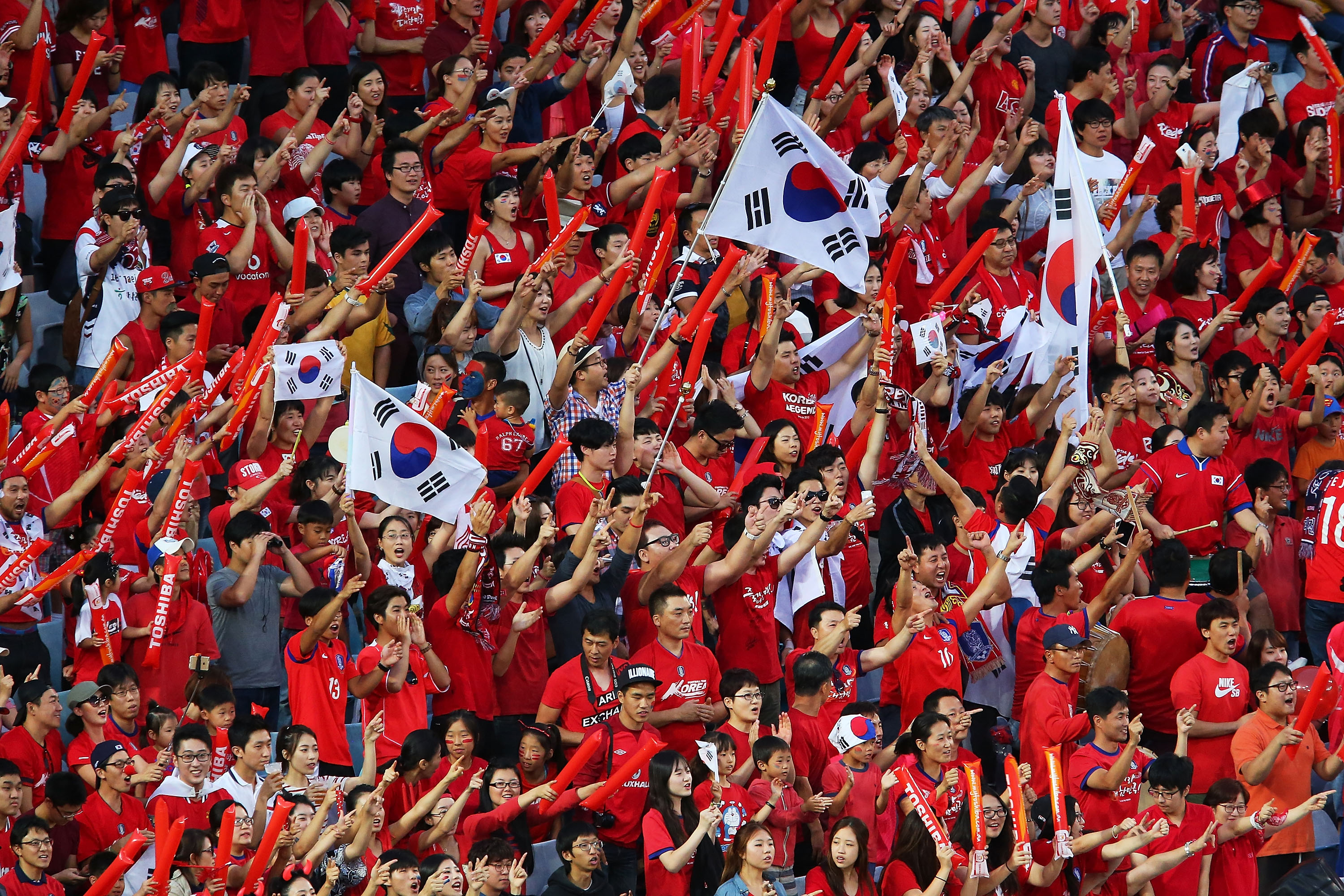
China has often flattered to deceive in international football but the 2015 Asian Cup showed them off to better effect than usual and, in truth, they were unlucky to run up against host nation Australia in a quarter-final in Brisbane, where they were eliminated 2-0.
But, says Arthur Young of the Melbourne Chinese Soccer Association (MCSA), the team's performance (they won all three of their group matches against Asian powerhouse Saudi Arabia, Uzbekistan and DPR Korea) filled the large Chinese diaspora with pride.
“We have quite a few Chinese members. They do support China very passionately and if they play in Melbourne (or any of the other capitals) they make sure they get tickets and go to the games. They love to support their country but unfortunately, not all the results go their way.
“But it absolutely was a great feeling of pride. China is improving, they improved their strategy and the way they train, they have got coaches from Europe to help them improve.”
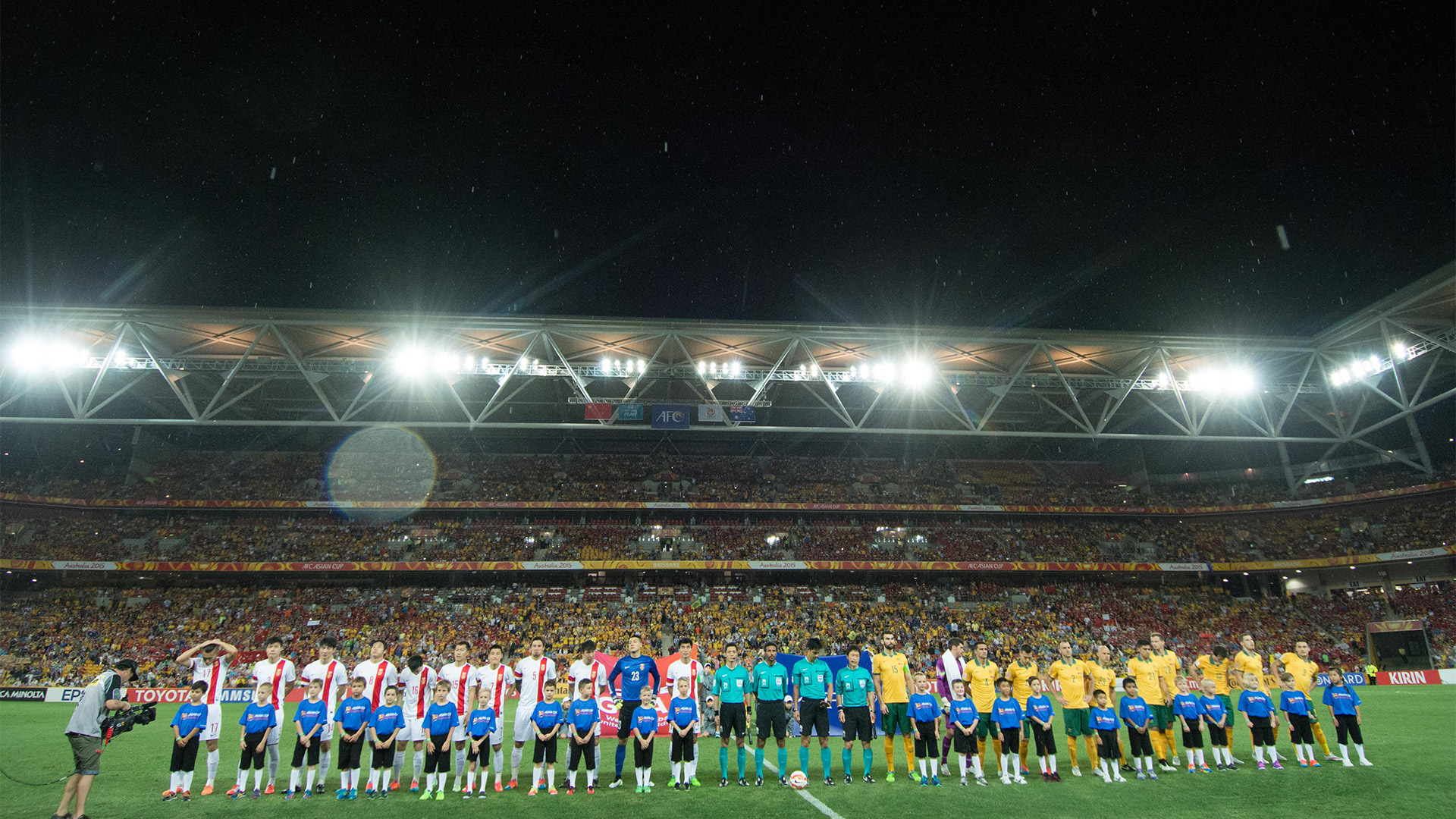
Young echoes his migrant counterparts when he says that football is a common link which brings all cultures together and helps people from different backgrounds begin to establish connections they might not otherwise have made.
The MCSA was set up in 1995 and quickly became an organiser of soccer tournaments and leagues contested by various migrant teams ‘representing’ their nation. In 2015, the MCSA joined forces with Melbourne Victory to promote the Unite Cup, which takes place as an annual event.
“We linked up with Melbourne Victory when the Asian Cup came to Australia. We try to promote the game and make our community more aware of the excitement of the Asian Cup.
“Through football, they embrace the culture here a little bit easier, they make friends here a bit easier, it is very good, it helps each individual build their own network, for friends and careers as well.”
*MICHAEL LYNCH a former chief soccer writer for the Melbourne Age, covered the 2015 Asian Cup for both The Age and the Sydney Morning Herald.
